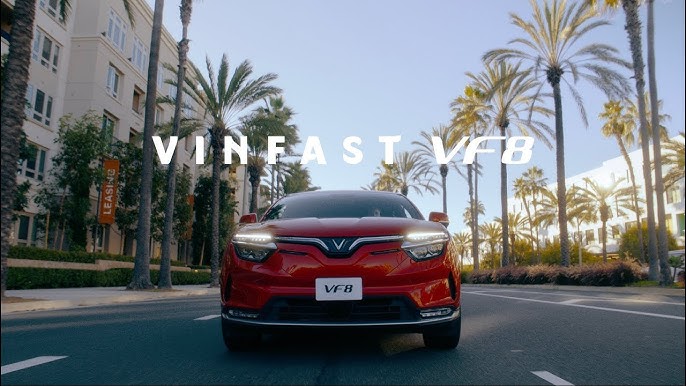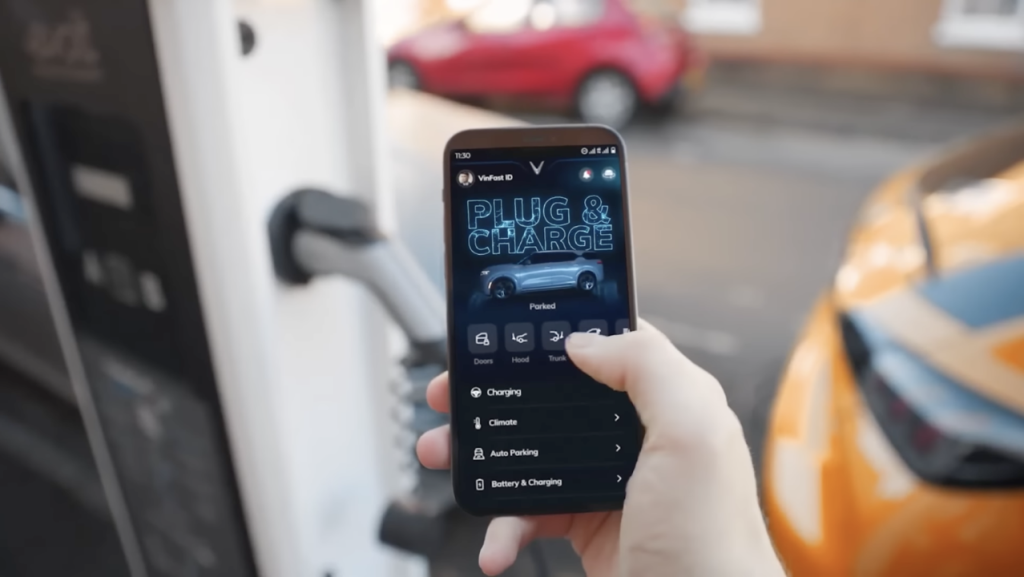The Contribution of Government Incentives to Transport Sector Electrification
Carbon emissions will be greatly reduced when EVs are widely used. But for a variety of reasons, EV uptake has been sluggish. The high price of EVs is one of these factors. Governments have intervened, providing incentives to lower the cost of EVs and promote their uptake. The significance of government incentives in accelerating the electrification of the transportation industry is examined in this article. EVs’ Exorbitant Cost The adoption of EVs has been hampered by their expensive cost. EVs are more expensive than traditional gasoline and diesel cars. Numerous factors contribute to the high cost, such as the price of batteries, the absence of infrastructure, and low economies of scale. The high price of EVs is largely due to the cost of batteries. A sizeable amount of an EV’s overall cost is related to battery expenditures. The cost of producing batteries is high, and the science of batteries is still relatively new. Low battery costs are anticipated as manufacturing processes become more efficient and battery technology advances. The Function of Public Incentive Programs Governments have implemented incentives to lower the cost of EVs after realizing how important it is to promote EV adoption in order to minimize carbon emissions.…












